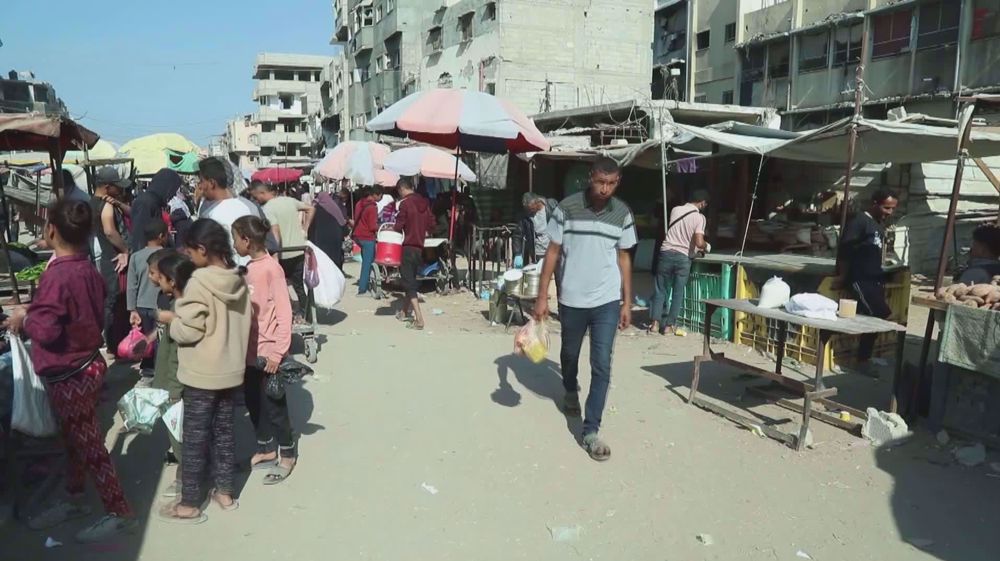Untreated urban violence prying US Blacks, Whites apart
Ramin Mazaheri
Press TV, Chicago
Citizens in poor urban areas across the United States are increasingly vocal about the return of homicide rates in 2020 to levels unseen since the crack cocaine epidemic of the early 1990s.
In the nation’s third-largest city alone, over 3,000 people have been shot this year, including an unimaginably tragic 200 children.
In one of Chicago’s impoverished neighborhoods citizens gathered in a “Love March” to unilaterally declare urban violence a national health emergency.
On top of the culturally-devastating spike in murder rates, African-Americans are dying from coronavirus at twice the rates of Whites.
Then there is economic inequality which is certain to soar this year. Last year the median wealth of White families was $190,000, compared with only $24,000 for Black families, a whopping 87% difference between two ethnic groups in the same country.
The refusal to provide basic security, the refusal to invest or encourage private investment and the refusal to progress beyond just talk about structural changes has many in the African-American community warning of mass alienation from the political process.
Many worry that disparities between African-Americans and White Americans are becoming so wide that the two groups are becoming culturally alienated from one another.
In the past 50 years, America’s race gap has widened incredibly, but the one-sided violence of 2020 will likely pry them apart even further.
VIDEO | Press TV's news headlines
Iranian satellites launched into space as private sector debuts in space industry
VIDEO | Iran, Azerbaijan conduct joint maritime rescue operations
VIDEO | Yemen’s Red Sea divide: Naval forces block Israeli-linked ships in strategic ‘parting of the water’
VIDEO | Southern Gaza: Israel’s facade for famine and suffering
VIDEO | IOF hampering humanitarian aid
VIDEO | Sharmahd: Justice Done
Iran repeatedly warned Israel not to test its will: FM









 This makes it easy to access the Press TV website
This makes it easy to access the Press TV website